AARP Hearing Center

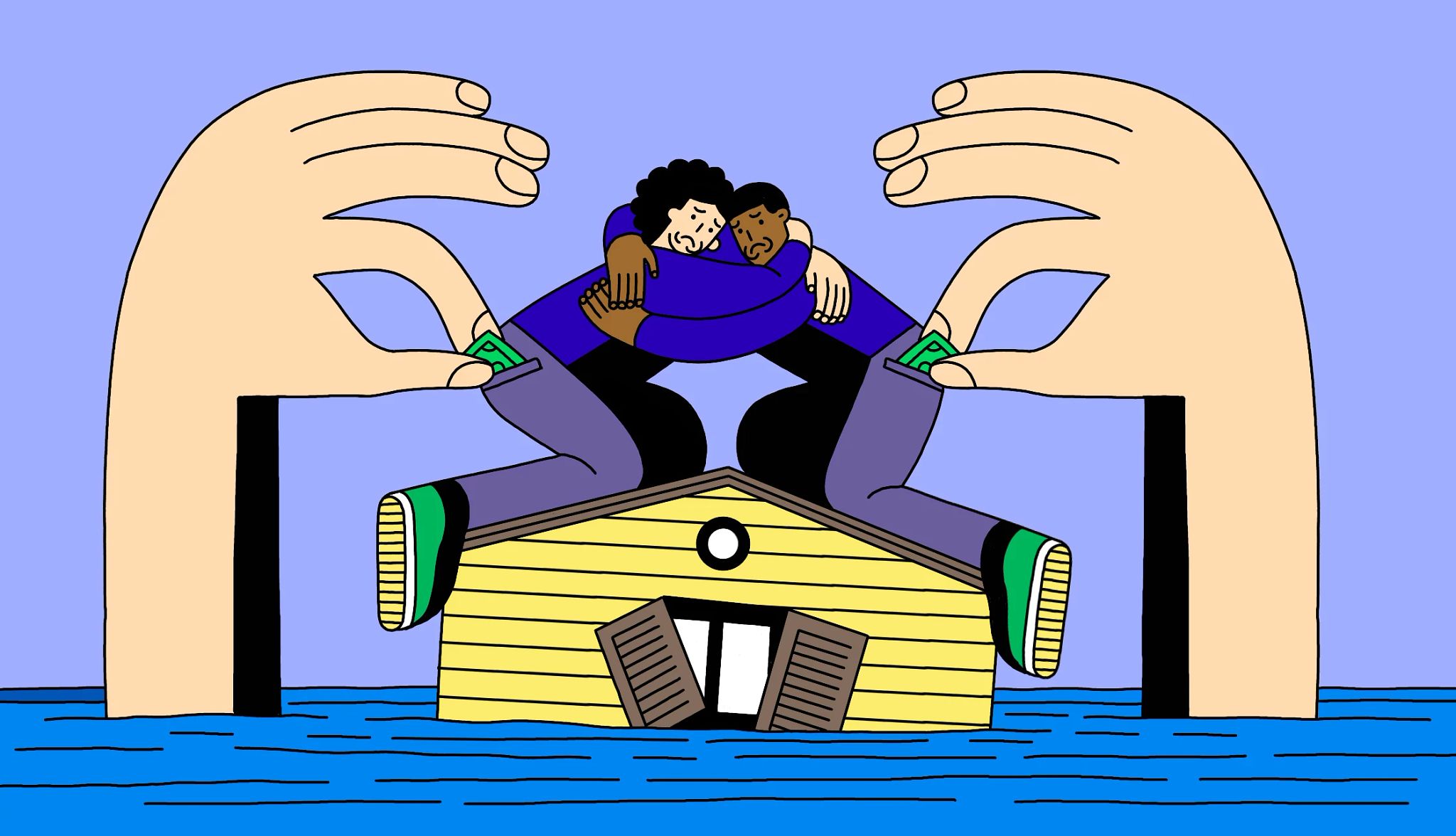
We’ve seen how disasters can bring out the best in people, as neighbors and strangers roll up their sleeves and open their wallets to help those who have lost their homes. They also bring out scammers, for whom others’ misfortune is just a chance to make a fast buck.
“Scammers are also first responders,” warns Steve Weisman, law professor at Bentley University in Waltham, Massachusetts, and editor of Scamicide.com.
How disaster scams work
Some of these criminals take your money and run. Others overcharge for shoddy work. And since they lack local licensing, your homeowner’s insurance might not cover it.
Fake contractors. Two common scams are contractors who use high-pressure sales tactics to push you to pay them money upfront for repairs or rebuilding, then disappear. Or they may tell you there’s damage to your roof when there isn’t.
“They’ll end up … being paid for a whole new roof, even though you don’t need one,” says Joe Brenckle, NICB director of public affairs. Brenckle recalls stories of scammers using hammers to smash holes in roofs to imitate hail damage.
Government, utility and insurance impostors. Criminals claim to work for the Federal Emergency Management Agency (FEMA) or other government bodies and contact victims with promises of government grants, building permits or help speeding up insurance claims. Or a supposed government agent asks for payment to conduct an inspection or help you apply for disaster assistance. “No legitimate FEMA employee asks for any kind of funds,” says Weisman.
Scammers may claim to be with the electric company and offer priority reconnection to the grid if you pay a deposit or fee. And some pose as public insurance adjusters, charging high fees for doubtful damage assessments or directing you to disreputable contractors with whom they’re in league.
Bogus charities. Disasters also unleash a torrent of phony charities, which get busy pumping out calls, texts, emails and social media posts soliciting donations for relief work.
As fires or hurricanes bear down on communities, scammers snap up internet domains featuring the fire’s location or the storm’s name and words like “help” and “relief.” Other faux fundraisers imply a connection to well-known aid organizations like the Red Cross or Oxfam.

































































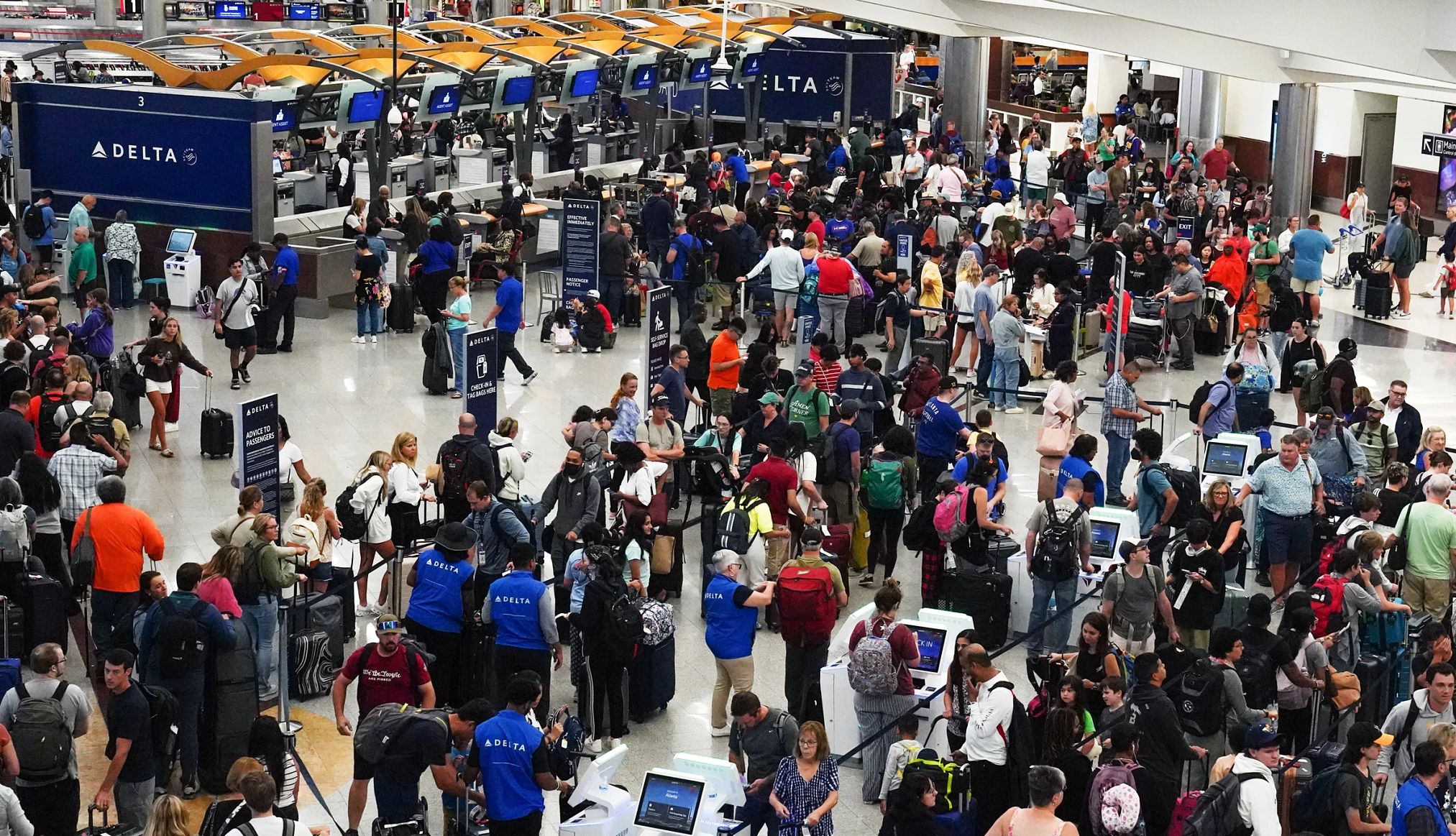
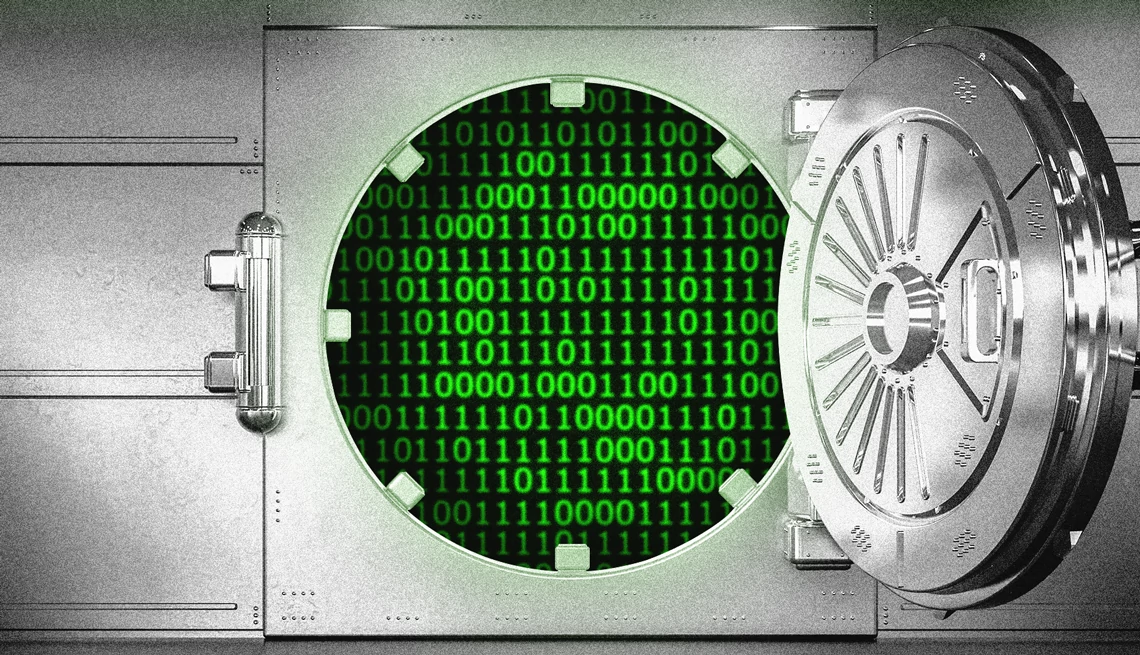
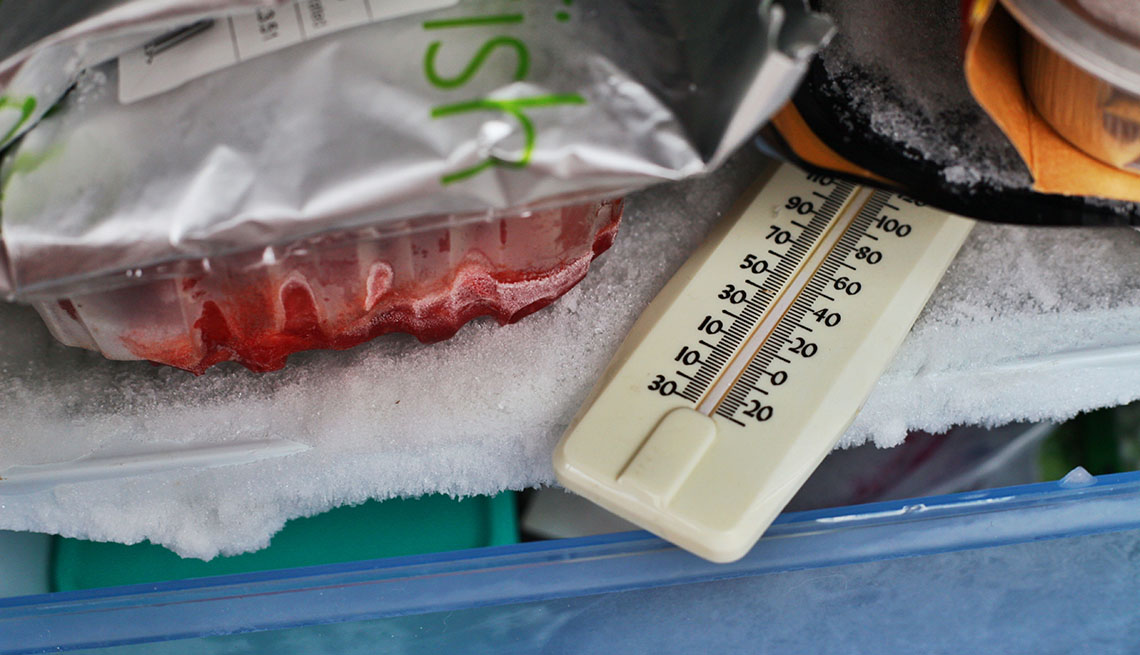
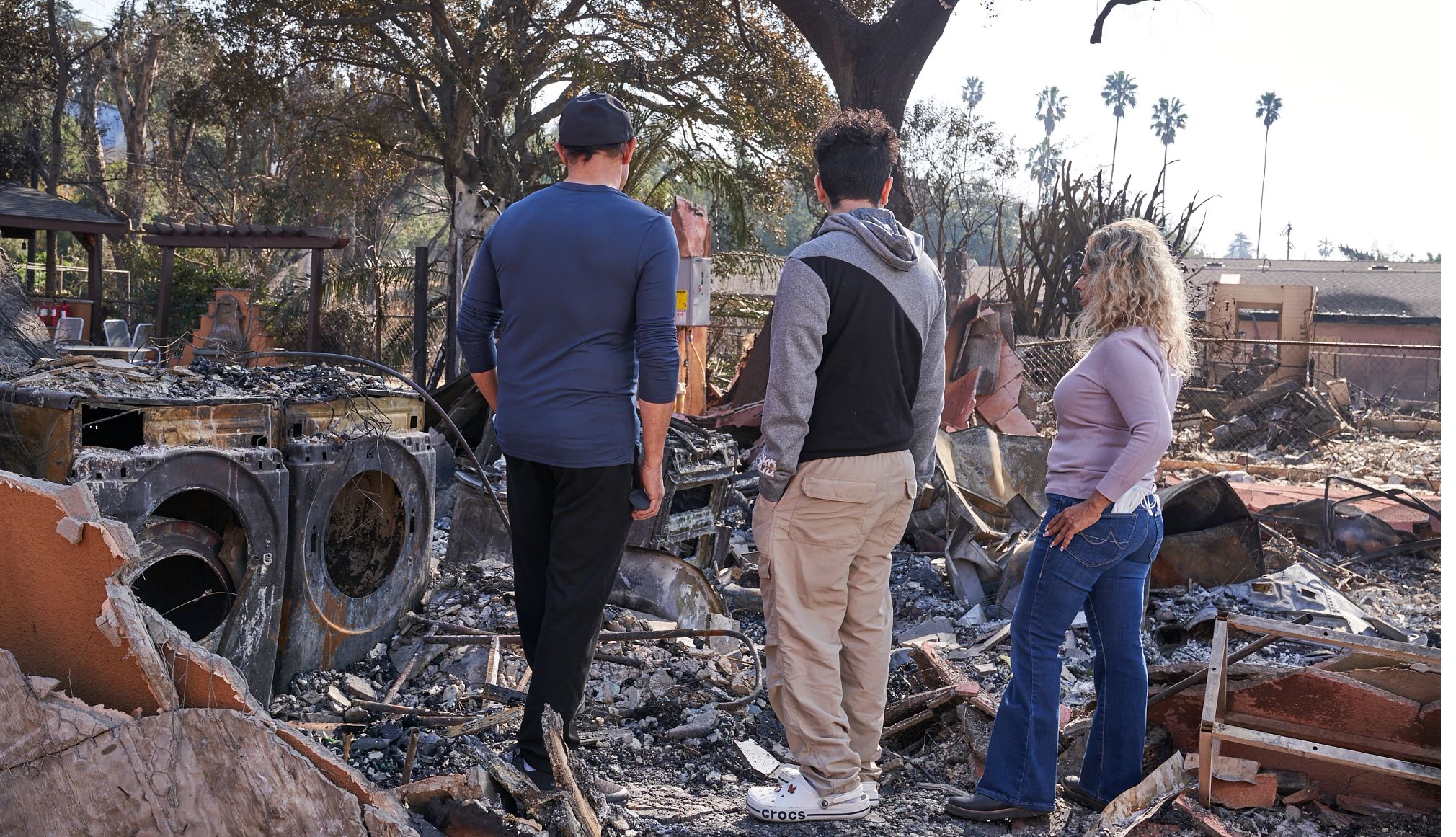

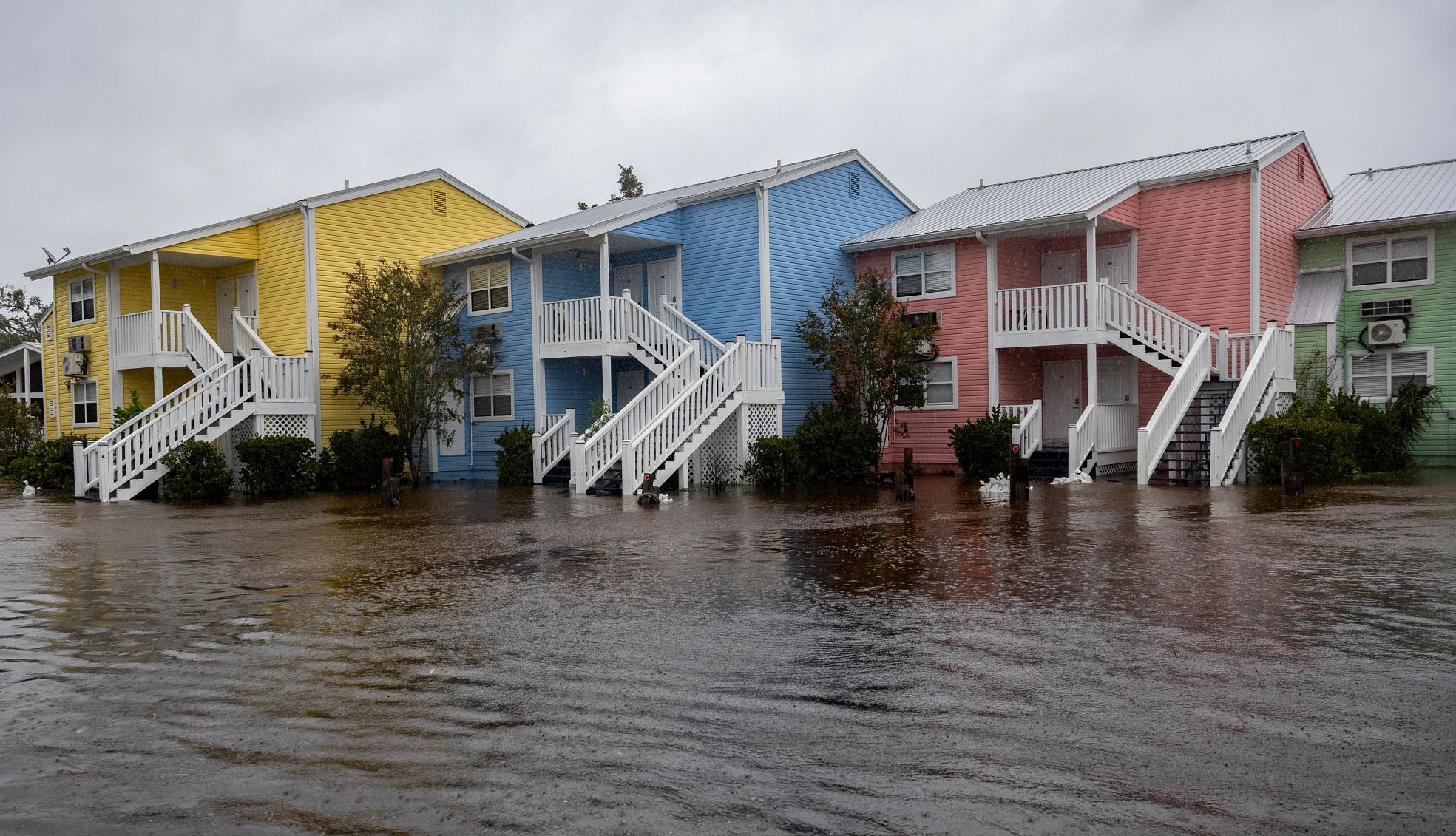
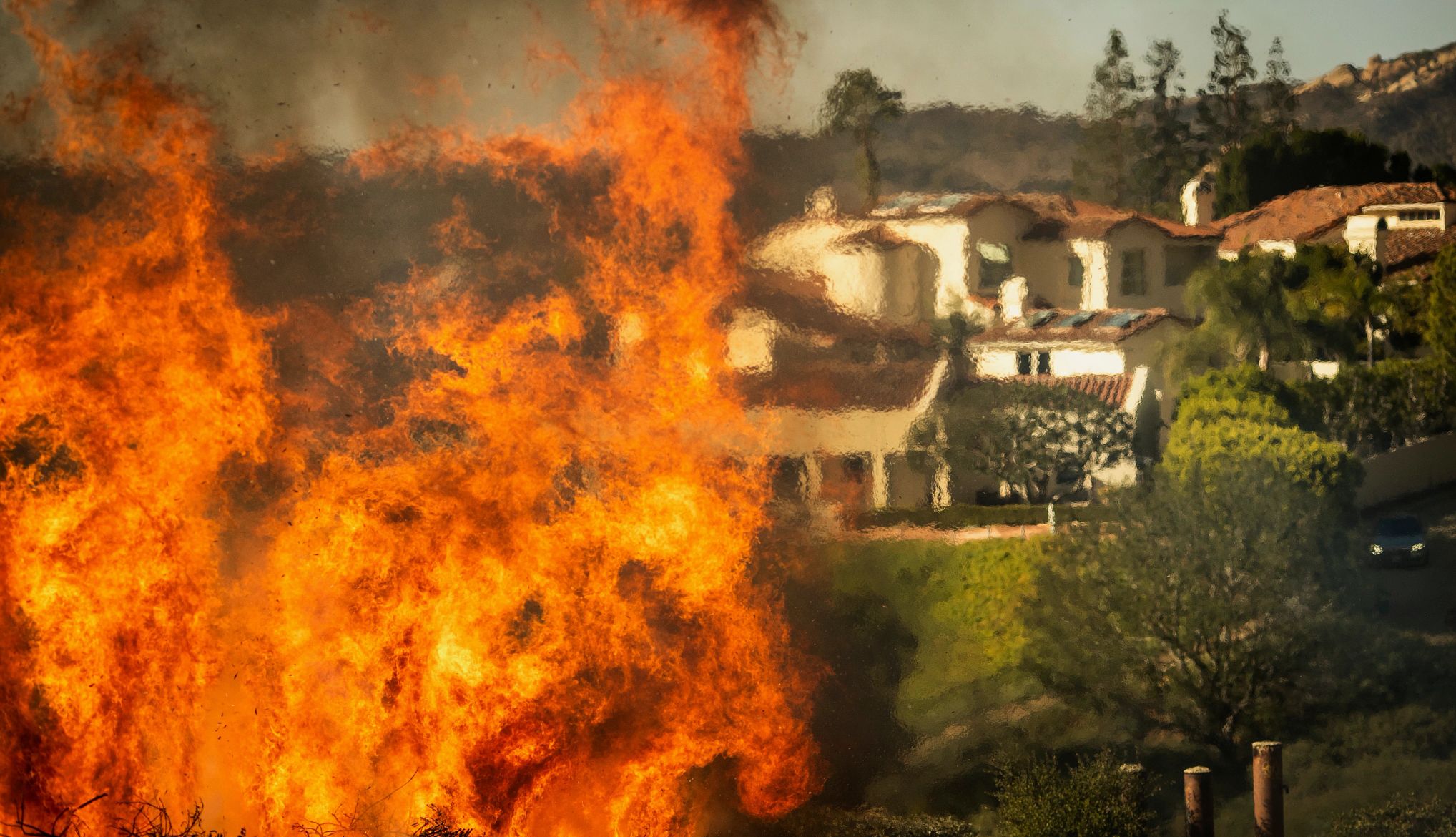



More From AARP
8 Ways to Recover Faster From a Disaster
Planning can ease the hardship when extreme weather strikes
What to Do If You Become a Scam Victim
How one woman worked quickly — with help — to avoid being charged through PayPal